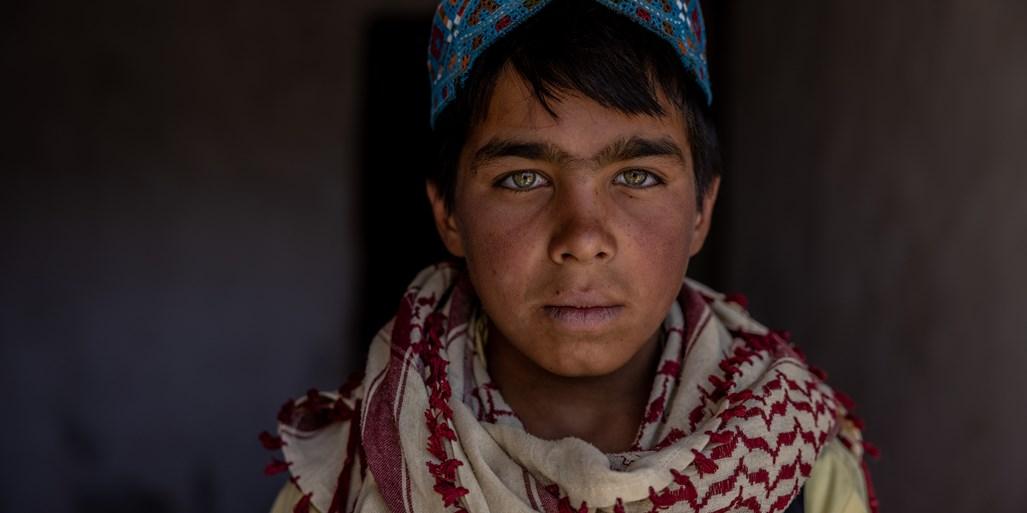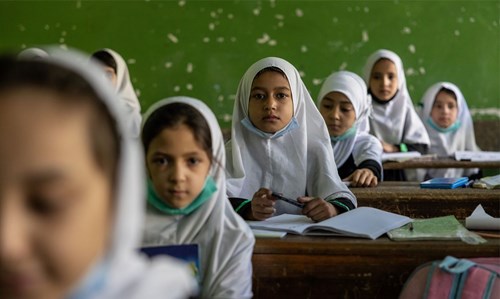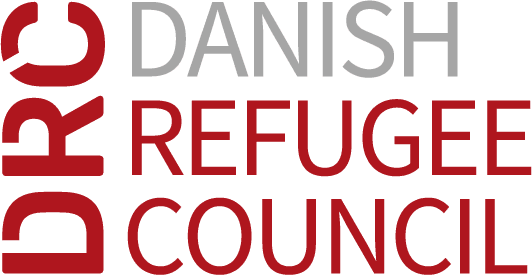
Afghanistan's humanitarian crisis and its strong diaspora
18 February 2022
Afghan Diaspora Engagement in 2021: A Real-Time Report
On 16 August 2021 the Taliban announced that they had gained control of Afghanistan. The takeover resulted in a heated public debate about the two-decade war, the humanitarian implications of the withdrawal, and the future of women and civil society in Afghanistan.
Together with Danish Refugee Council, USAID and DANIDA, DEMAC conducted a Real-Time Analysis in the immediate aftermath of the Taliban takeover in Mid-August of the engagement efforts by Afghan diasporas in Europe, USA, Australia and Canada.
What role does the Afghan diaspora play?
The role of the Afghan diaspora is now in flux; many prominent civil society figures are fleeing and diaspora organizations have been called on by the media to comment on the political and human rights situation, while simultaneously navigating the personal and professional effects of the new political reality.
In our report, we are asking on how this reality does change the self-perception of the diaspora, and the way they engage with Afghanistan?
Who and what was assessed?
To capture Afghan diaspora engagement in the current political crisis, the report used two main approaches to data collection. First, online media monitoring was conducted from 15 August 2021 to 30 September 2021 of 60 Afghan diaspora organizations from Europe (26), North America (21), Afghanistan’s neighboring countries (9), Australia (5), and one global organization. It consisted of a daily review of online diaspora statements, events, and fundraising pages through 100 social media accounts. To provide additional context, key informant interviews were conducted with representatives of ten ADOs, as well as DRC Diaspora Program staff.

Key Findings
Rapid Response and Self-Mobilization
The Afghan diaspora organizations have shown rapid self-mobilization in response to the current crisis in Afghanistan. For the majority of them, self-mobilization and re-evaluation of focus areas had already taken place in few weeks leading up to the fall of Kabul.
Live-streaming services
Community engagement and communication through hosting Q&A sessions on resettlement options for Afghans as well as family and organizations looking to support family and friends in resettlement addressed a very specific gap in information flow. The use of live streaming services as well as video conferencing - only further normalized by the COVID-19 era - was put to use.
Rise in fundraising campaigns
As the majority of diaspora organizations rely on donations from the community and membership fees to support their activities - there was a sudden rise in fundraising campaigns.
Read more key findings in our report below.
Photo credits: Stefanie Glinski, Afghanistan 2021


